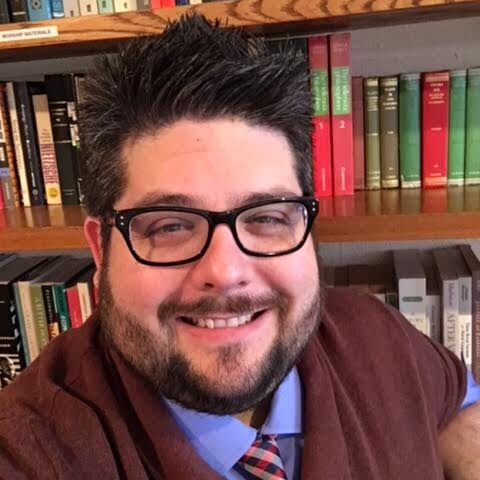
Hello UUCC members and friends,
When I try to get my students to think about how religion informs our lives in ways that we might not expect, I sometimes try to paint a scenario of a group of archaeologists studying the layers of our civilization through our garbage (which is a lot of what contemporary archaeologists do, when they are lucky enough to find old garbage piles). I ask my students what conclusions they would draw from the fact that like clockwork, every year in America, there was a nationwide practice of slaughtering turkeys for the same exact day every year. What else happened alongside everyone eating this particular bird, and what conclusions might they draw about our religious practices and what is important to us, and why?
I try to adhere to the general policy of “don’t yuck someone else’s yum!” In other words, don’t speak ill of the things that other people like or are passionate about. And Thanksgiving is the biggest “yum!” that most of us have all year — certainly a holiday that focuses on delicious food, good memories, deep giving of thanks.
But I wonder if we, like I ask my students to imagine, really understand why we do Thanksgiving anymore. After all, like most American holidays, it has become a consumer-
centered event, with many households focusing on “Black Friday” shopping more than the meal. And––while most families with the means to do so still manage warm holiday of family and friends––this holiday comes from a tradition that erases the forceful taking of the land on which we all live from a people through violence and genocide. Most of these facts are ones we still have not confronted as a society, or even as a religious community. Though we absolutely need to.
So, how ought we to enter this holiday, this year, with these experiences and maybe with an eye to these deeper concerns? How do we make this grand, secular holiday into one that accords with our values?
- Perhaps this is a year we can bring an evolution to what we mean when we give thanks.
- Perhaps our thanks can come from what we’ve been able to give to others this year instead of only being thankful about what we have.
- Perhaps we can embrace a sense of cost and even lament, realizing that we are here in the place where others stood.
- Perhaps we can take stock of how we have grown and challenged ourselves instead of giving thanks for our familiar comforts.
- Perhaps we can take the chance to give thanks as an assessment about what our genuine needs are––a chance for a personal and familial inventory that can re-situate us in our deepest sense of what matters.
- Perhaps we can tug on some older traditions and find ways to always be giving back, however we may, resisting the marketplace’s insistence that we always get more.
This is a year where we are all going to meet the holidays in ways we wouldn’t have expected and, perhaps, wouldn’t have planned for. Perhaps this particular holiday season is the best one for us to confront our past and imagine for them a new kind of future.
Share this post: